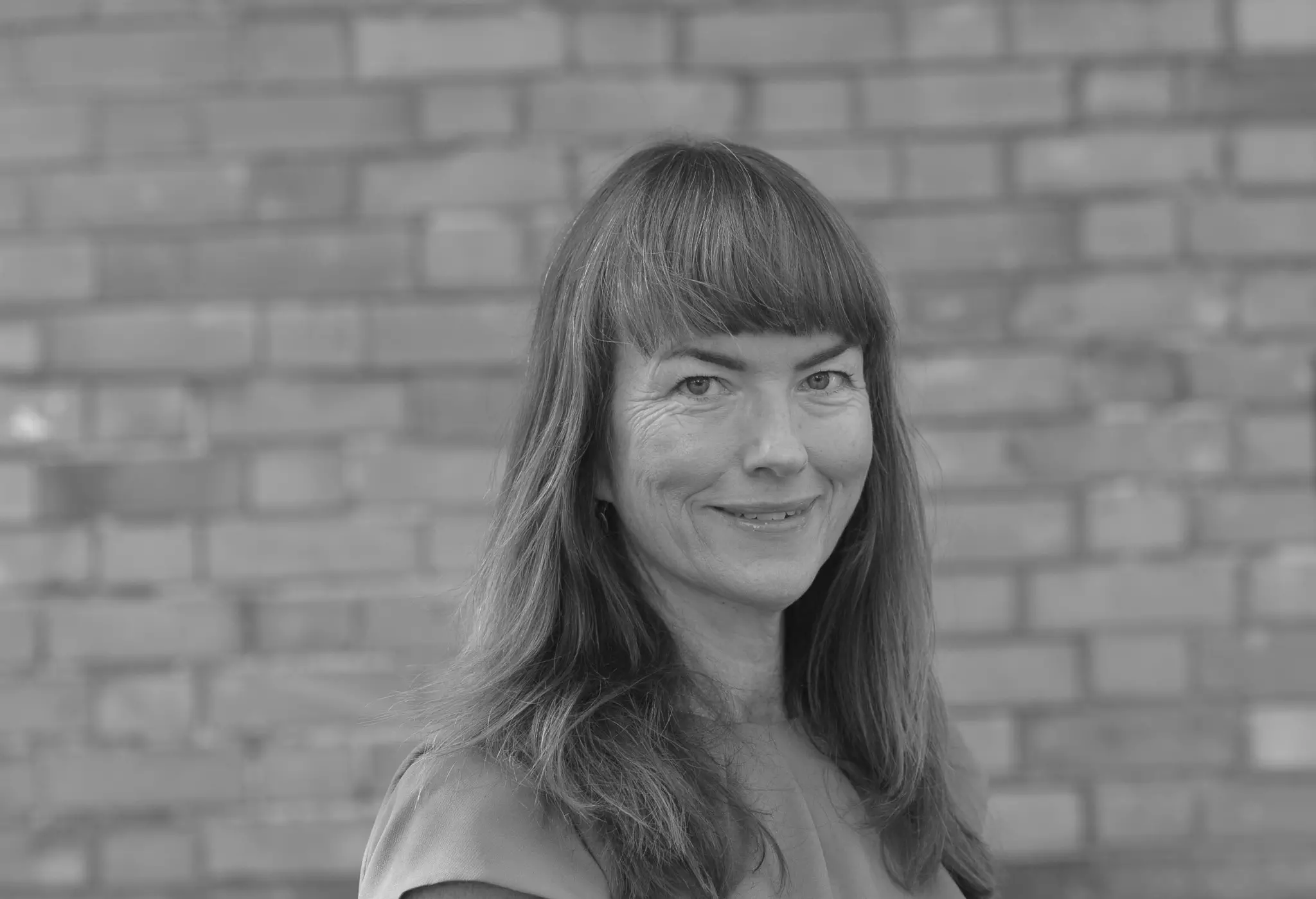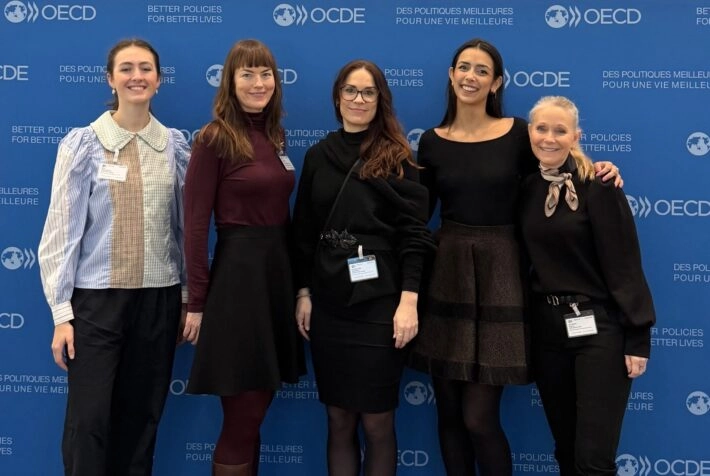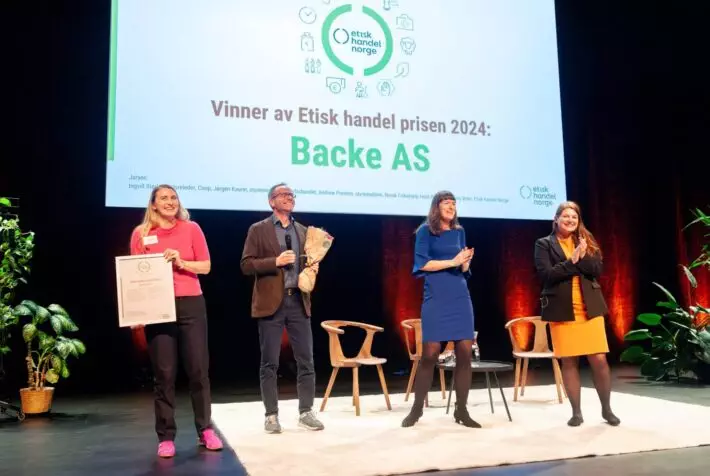The project is funded by the Norad, running from 2021-2024. The Joint Ethical Trading Initiatives have been working in Bangladesh since 2014, implementing social dialogue programmes to facilitate and improve dialogue between workers and management, while building workers’ ability to represent their needs. The current project is a continuation of our efforts on social dialogue, with specific focus on strengthening civil society actors and promoting workers rights with gender and climate as cross-cutting factors.
Contextual background
Bangladesh is the world’s second largest exporter of ready-made garments (RMG), after China. The sector employs about 3,6 million workers, and more than 60% of RMG workers are women. While the Bangladeshi economy has seen considerable growth in the past decades, driven primarily by RMG exports, the conditions of workers enabling this economic development remain precarious. Poor working conditions are endemic in the sector. Low wages, poor workplace safety, excessive working hours, forced overtime, gender-based discrimination and sexual abuse are all common human and labour rights abuses.
At the same time as Covid-19 has had significant negative impact on RMG workers, and women in particular, the impact of climate change will define the future of the sector and the lives of workers. Bangladesh is widely recognised as one of the countries most at risk to climate change impacts, due to its geographical location, socio-economic and physical characteristics. By 2050, Bangladesh may lose approximately 11% of its land, affecting an estimated 15 million people, due to a projected 50cm rise in sea level. The Bangladeshi Government has estimated that by 2050, one in every 7 people in Bangladesh will become displaced by climate change.
On this background, we developed our program interventions.
Gender Sensitivity in Garment Factories
With a focus on gender sensitivity, one of our programme interventions aimed to make women at social dialogue factories empowered to take on leadership and representative roles. Through the interventions we seek to contribute to addressing the issue of underrepresentation of women in senior and representative roles in the RMG industry. The program intervention was implemented from August 2021 – June 2022.
The interventions, including direct training of workers and management, behavioural change campaigns, awareness raising activities and competence building, were completed in 12 factories under the Norad grant. Part of the project was to establish functional Sexual Harassment Complaint Committees in the participating factories, all of which are now running. The interventions are followed up through regular platform meetings with the involved factories, where workers and management can share learnings and best practice.
Green Social Dialogue
With a focus on climate resilience, another programme intervention aims to strengthen RMG workers’ and civil society representatives’ capacity and sensitivity to engage on the impacts of climate change on RMG workers. The objectives are to make factory management, workers and worker representatives capacitated to identify climate change related issues within their workplace and prioritise these for action through workplace based social dialogue. Additionally, the program should increase the awareness on the impacts of climate change and streamline this into the social dialogue at the factory.
This program will be running from July 2022 – December 2023. A needs assessment will be carried out in 10 factories, and the specific interventions will be conducted in 5 factories. This is a pilot project, and learnings will be shared as we are conducting stakeholder dialogue, developing tools and resources and implementing the program.
Strengthening ETI Bangladesh as a civil society actor and sharing programme learnings
In this phase of the programme, we seek to further strengthen the role of our partner ETI Bangladesh in their role as a facilitator of social dialogue at factory and industry level. With their strong multi-stakeholder networks, ETI Bangladesh is uniquely placed to address the sustainability of the ready-made garment sector in Bangladesh, through decent work and climate resilience. The Norad project is also aimed at strengthening the institutional capacity of ETI Bangladesh. This includes a thorough organisational capacity assessment, devising an organisational strategy, developing their website and communication strategy among others.
ETI Bangladesh and Ethical Trade Norway will also work together to strengthen collaborative platforms by communicating recommendations from the programs. This will be facilitated on a regular basis both for local stakeholders in Bangladesh, through thematic platform meetings. For international or brand HQ’s this will be facilitated when relevant learnings are collated during of after programme implementation.
Bangladesh Working Group and mailing list
The Joint Ethical Trading Initiatives are currently reviving the JETI Bangladesh Working Group for members interested in being kept up to date on activities and events in Bangladesh. The mailing list contains regular news letters. The Working Group will be meeting twice per year to receive programmatic updates or discuss thematic areas of relevance. Please reach out to the project manager at silje@etiskhandel.no if you would like to be included.


